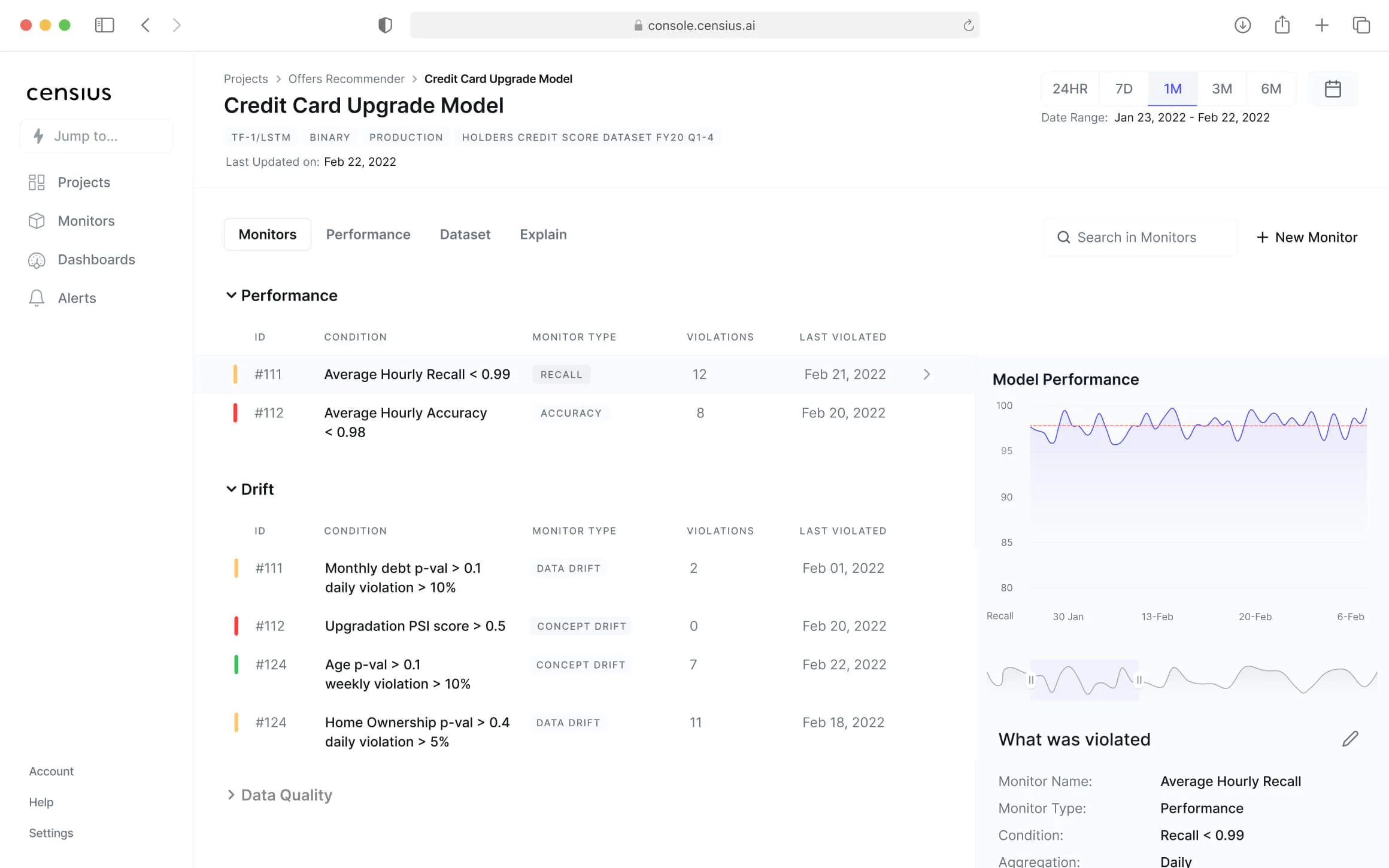The widespread adoption of Artificial Intelligence (AI) is reshaping industries across the globe. Among them, the manufacturing sector stands out as a hotbed for AI innovation. In this article, we delve into the imperative role of Generative AI (Gen-AI) in manufacturing, exploring its potential to address industry-specific challenges. By examining the most groundbreaking applications of Generative AI, we shed light on how AI is transforming the manufacturing landscape.
Gen-AI: Catalyzing Manufacturing Advancements
Industry 4.0, characterized by the integration of cyber-physical systems and the Internet of Things (IoT) into manufacturing, has brought forth a new era of automation and connectivity. Gen-AI, at the forefront of this revolution, plays a crucial role in driving the transformative potential of Industry 4.0.
By harnessing the power of generative AI models and algorithms, Gen-AI enables manufacturers to push the boundaries of operational excellence. It facilitates automated design optimization, allowing for the rapid exploration of countless design variations and configurations. This not only accelerates the product development process but also enhances product performance and functionality. Manufacturers can achieve higher levels of customization and adaptability, catering to individual customer preferences with ease.
As manufacturers strive for excellence, Gen-AI has emerged as a catalyst for change within the manufacturing industry. Gen-AI leverages generative AI models and algorithms to revolutionize operational efficiency, cost-effectiveness, and creativity. With automated design optimization, material property simulation, synthetic data generation, and streamlined manufacturing systems, Gen-AI empowers manufacturers to reimagine their processes and products, positioning them for success in today's fiercely competitive market.
Addressing Manufacturing Industry Challenges
Despite the tremendous promise of AI in manufacturing, a few challenges warrant attention:
Data Management: Manufacturing generates copious amounts of data, but organizing and extracting actionable insights from this data remains a challenge. Seamless access to high-quality data is pivotal for effective AI implementation.
In addition to large data volumes and complexities, a prevalent data quality issue in manufacturing is incomplete or inaccurate data. Due to manual data entry, human errors, and system limitations, data sets may contain missing values, duplicated records, or incorrect information. Inadequate data validation and verification processes further exacerbate these issues.
Workforce Skills: AI integration demands a skilled workforce proficient in leveraging AI tools. Bridging the skills gap through comprehensive training programs is crucial for successful AI adoption.
Security and Privacy: As AI becomes ubiquitous in manufacturing, safeguarding sensitive data and protecting intellectual property are paramount. Robust security measures are essential to mitigate risks and address privacy concerns.
Revolutionary Applications of Generative AI in Manufacturing
Generative Design in Manufacturing Industries: Generative AI enables manufacturers to automate the optimization of product designs. By inputting constraints and parameters, AI algorithms generate a multitude of design variations, providing insights into the most efficient and cost-effective solutions. Airbus, for example, utilized generative design to reduce the weight of aircraft partition walls by 45% while maintaining structural integrity.
Simulation of Material Properties: AI-driven simulations predict the behavior of materials under diverse conditions. Accurate simulations facilitate identifying weaknesses, optimizing product performance, and reducing material waste. General Electric (GE) employs AI-based simulations to enhance turbine blade designs, resulting in more efficient and reliable engines.
Synthetic Data Generation: AI algorithms generate synthetic data that mimics real-world manufacturing scenarios. This data aids in training AI models, enhancing their performance and allowing manufacturers to optimize processes, predict failures, and minimize downtime. Ford utilizes synthetic data to train autonomous vehicle systems, enabling safe and efficient testing in virtual environments.
Foundation Models for Streamlining Manufacturing Systems: Pre-trained AI models, known as foundation models, automate and streamline various manufacturing tasks. These models learn from vast data sets, providing actionable insights for informed decision-making. Siemens leverages foundation models to optimize production processes, improve product quality, and enhance supply chain management. Such foundational models also helped streamline the process of building and implementing Digital Twins of a Chiller.
The Impact of Generative AI on Manufacturing
Generative AI is transforming the manufacturing industry in several ways
Increased Efficiency and Cost Reduction: AI-driven optimization and automation enhance operational efficiency, reduce production costs, and optimize resource allocation. These factors lead to enhanced productivity and profitability.
Enhanced Product Innovation: Generative AI enables manufacturers to explore an expansive design space, fostering innovative and optimized product solutions. By generating and evaluating multiple design options, manufacturers push the boundaries of what is possible, resulting in groundbreaking products.
Streamlined Production Processes and Minimizing Downtime: AI technologies streamline production processes, reducing waste and enhancing quality control. This leads to higher yields, improved product consistency, and reduced defects, recalls, and downtime.
Conclusion
The manufacturing industry stands at the forefront of AI adoption, with Generative AI at its core. Through groundbreaking use-cases, manufacturers unlock unparalleled opportunities for efficiency, cost-effectiveness, and product innovation. Addressing challenges such as data management, workforce skills, and security is crucial for realizing the full potential of Generative AI.
AI observability plays a crucial role in leveraging Gen-AI effectively within the manufacturing industry. As Gen-AI models and algorithms are deployed in complex manufacturing systems, it becomes essential to have visibility and insights into their behavior, performance, and decision-making processes. AI observability enables manufacturers to monitor and understand how Gen-AI functions, identify potential issues and ensure optimal performance.
Get in touch with our experts to understand how you can leverage Censius to scale your Gen-AI models.

Explore how Censius helps you monitor, analyze and explain your ML models
Explore Platform
